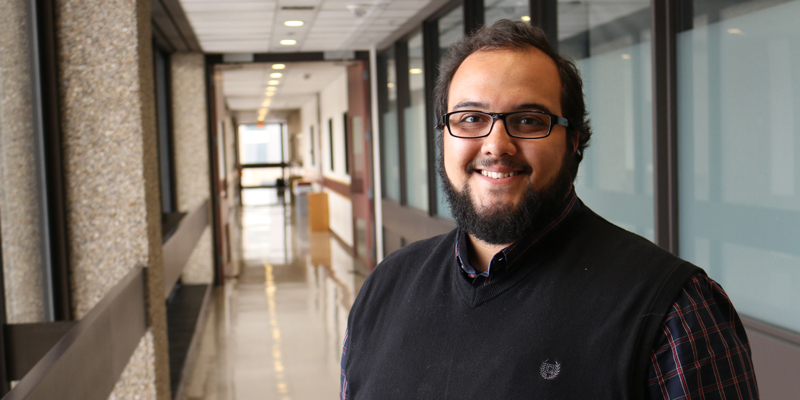This data analyst for MHealth loves the details behind the spread of disease.

What's your job title?
Data Analyst
What does a typical day look like for you?
I review patient safety events to ensure accuracy and use this data in an epidemiological study to determine independent risk factors that are associated with patient harm. I also work on the implementation of a pediatric patient safety tool to better improve our monitoring system.
How did you figure out that this is what you wanted to do?
As a child, my father gave me the book Hot Zone. Reading about the Ebola outbreak and other stories of virus hunters sparked my interest in epidemiology. Since then, I explored the field and knew this is what I wanted to do.
The realization that there was a method that could be used that could identify, track and eventually manage these small, imperceptible things that cause so much harm was fascinating to me. The methodology used to identify who patient zero was, how they were possibly infected, and with what, was interesting. This is what sparked my interest. Over time I read more and more into the field to learn what Epis do, how they do it, and why they do it. Books like Virus Hunter, Hot Zone, Demon in the Freezer among many other books were particularly interesting and influential.
What from your time as an undergraduate has been most helpful in your current role?
Microbiology and biochemistry were the most applicable courses for my current job. Additionally, I worked as a pharmacy technician at the University of Minnesota Medical Center throughout my undergrad. In that role, I learned about the multidisciplinary aspects to medicine that has started to develop lately. Patients are treated by multiple people now, not just one person. Being part of the front line staff has made my job easier because I know how the daily workflow is structured, giving insight into why errors may have occurred.
What do you enjoy most about your job?
I enjoy being able to sharpen my epidemiological analysis skills through my current work is the best part. There is a difference between learning these concepts in a classroom, and working with real world data.
Do you have any advice for current undergraduates or recent alumni?
The most pertinent advice I could offer is to lean into adversity when things don't go the way you've planned. Things aren't going to go as planned ever really. So accept the situation you're in and adapt.